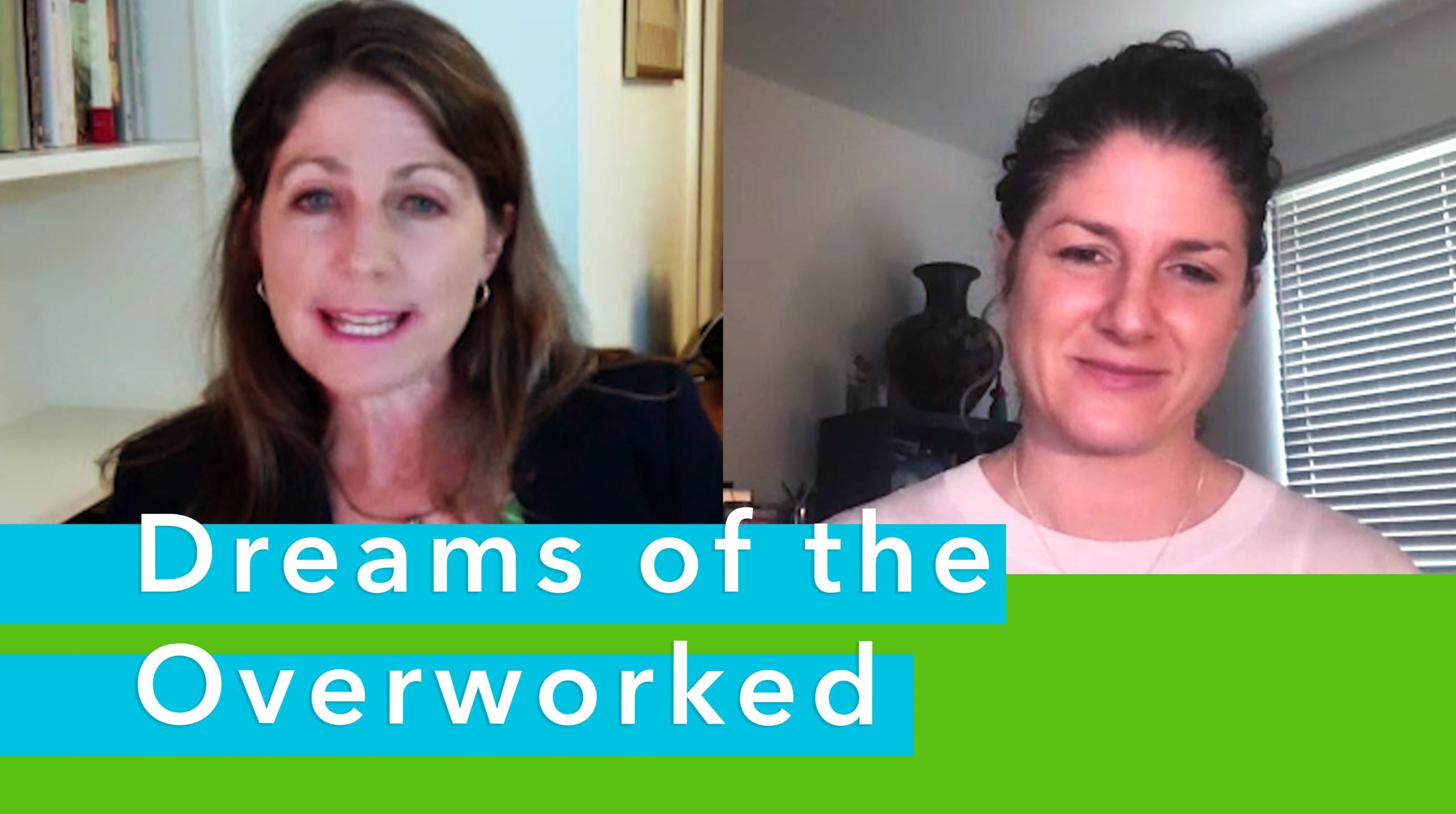We all feel the pressure to excel at work, be fully engaged parents, and lead active and health-conscious lives. And yet, while these ambitions motivate us to grow and achieve, we also find that we are unable to live up to our aspirations and feel badly when we can’t. Being the perfect employee, parent, and individual is impossible, yet we are all trying.
Christine Beckman (Price Family Chair in Social Innovation and Professor at the USC Price School of Public Policy) and Melissa Mazmanian (Associate Professor of Informatics at the Donald Bren School of Information and Computer Sciences and Associate Professor of Organization and Management at the Paul Merage School of Management at the University of California, Irvine) explore this conundrum in their book, “Dreams of the Overworked: Living, Working & Parenting in the Digital Age.” The authors joined Sonia Kang to discuss the real reasons we feel inadequate in the face of our dreams and to explore the mountain of invisible work happening for those who appear to have it all.
Many of us know that these ideals are unattainable, and yet they persist? Why?
We know that being the perfect worker or parent is virtually impossible, but the impossibility is often made invisible. Devices and technology hide a lot of the help that we rely on to be able to show up at work and home. Meanwhile household work, care work and other support work remain largely invisible. We don’t acknowledge all of the things happening behind the scenes to allow us to appear as if we are realizing these ideals, and so the myths persist.
“Technology is a tool that we use to enact these mythologies. If we had different myths, we would use technology differently”
Technology also enables us to juggle competing demands on our time in new ways, but Beckman and Mazmanian show that this comes at a cost, which they call the spiral of expectations. Technology allows for flexibility and empowers us to do more, but as we collectively use technology, expectations of quick responsiveness and limitless availability grow. The increased capacity provided by technology shifts our expectation of our roles. What it means to be a good worker or an engaged parent escalates, and it becomes even harder to meet these ideals. But Beckman and Mazmanian don’t blame technology directly for this spiraling of expectations. Technology is a tool that we use to enact these mythologies. If we had different myths, we would use technology differently. They challenge us to change norms, reimagine work and home life, and value the joy of human connection.




